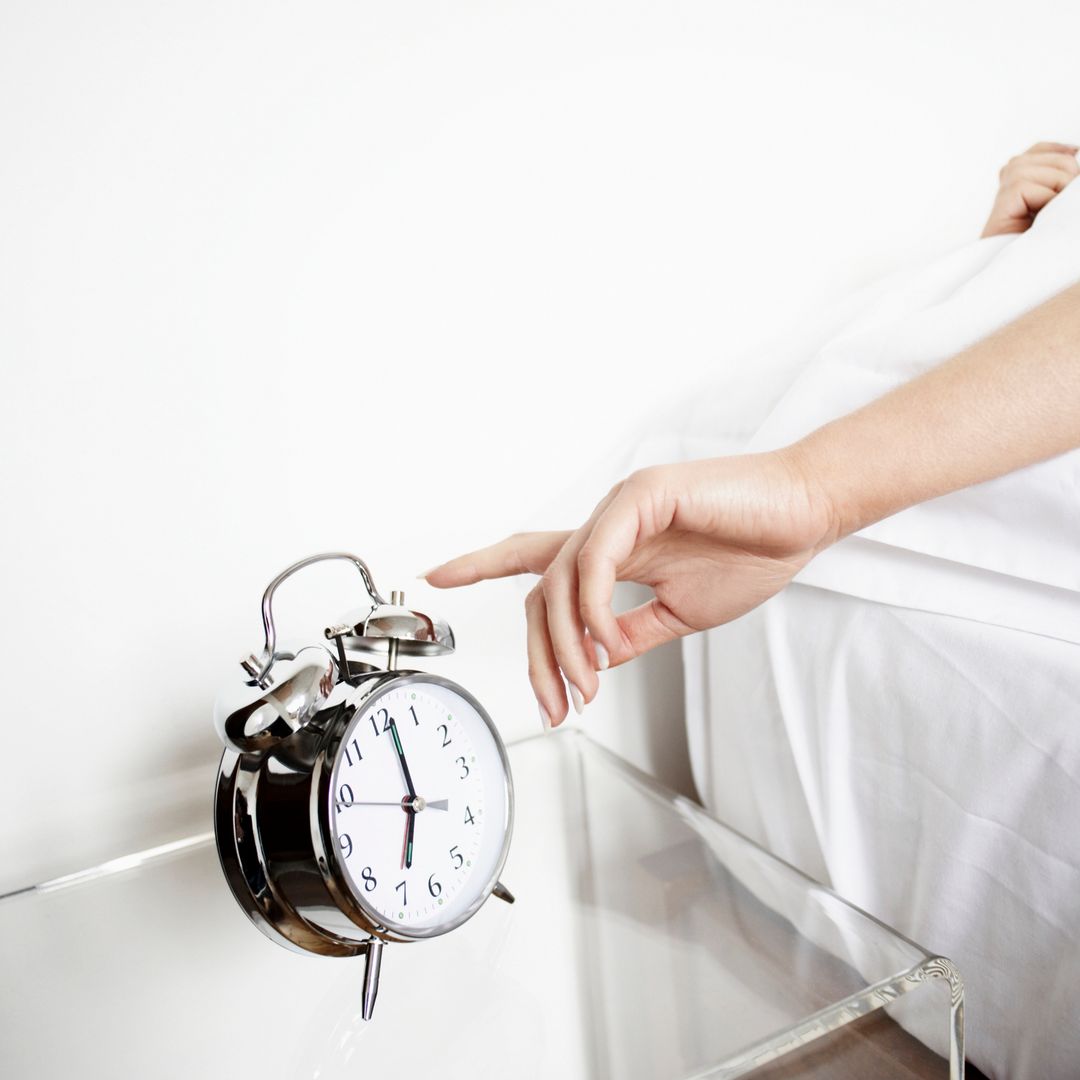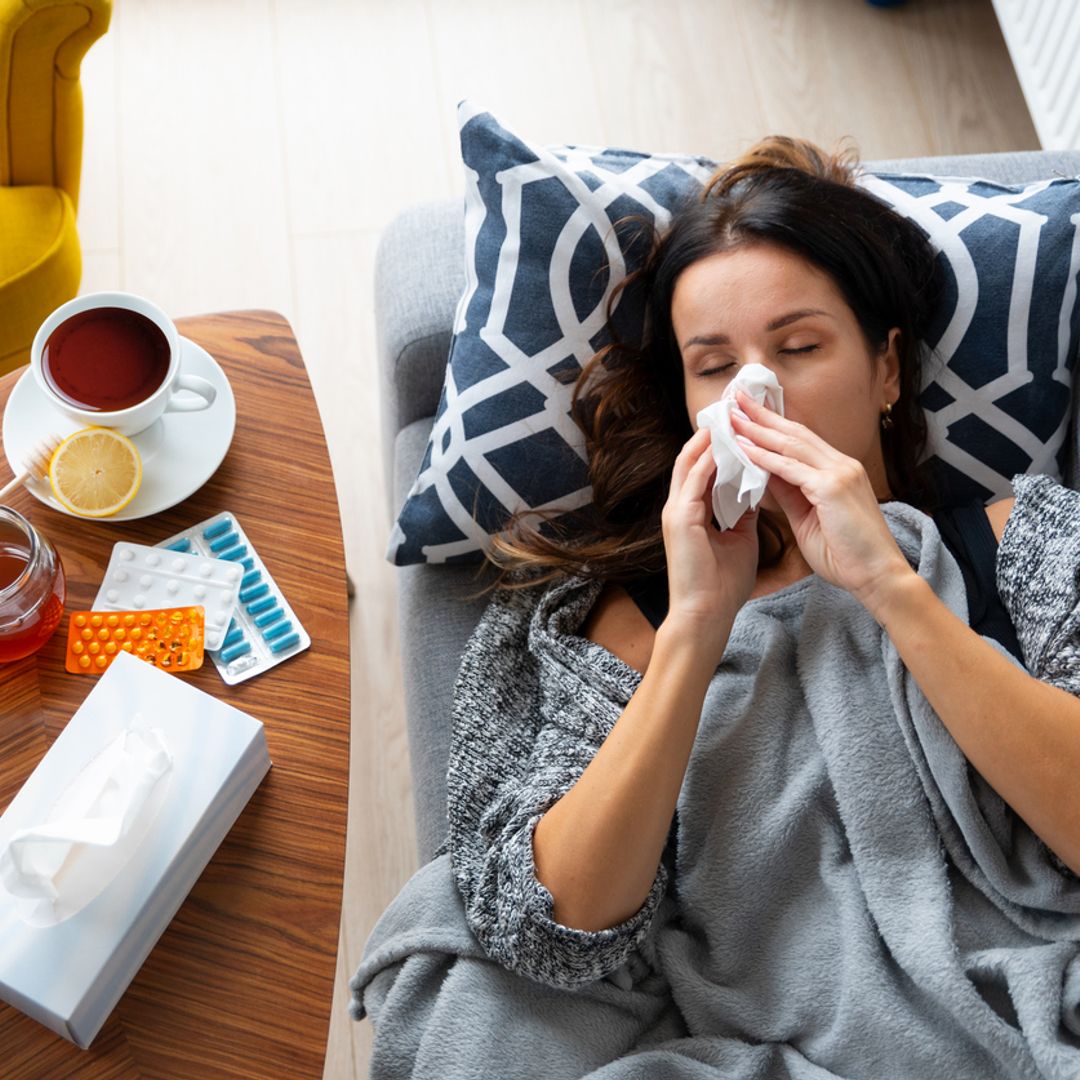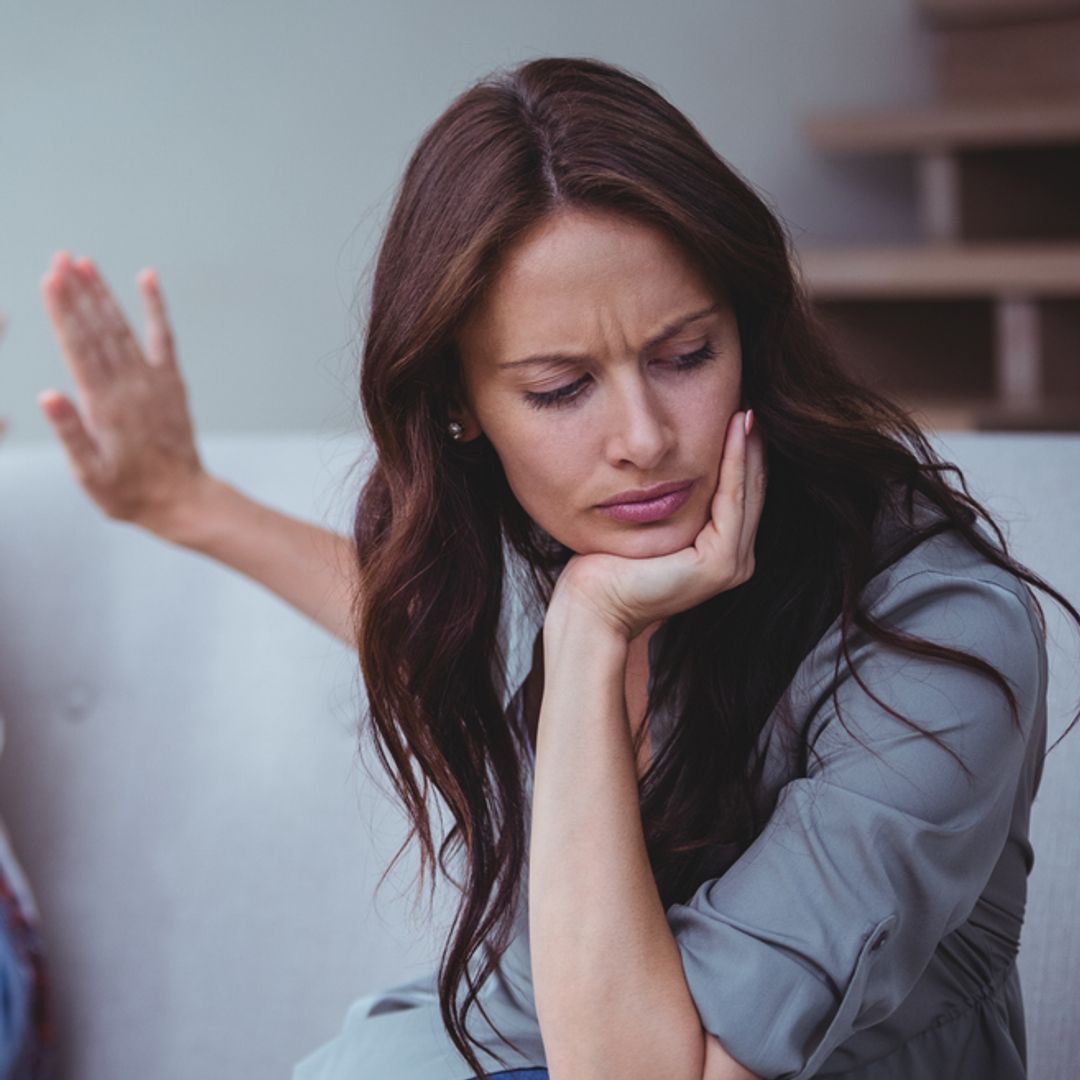If you lack energy and motivation even after a good night's sleep, finding the cause of your fatigue is the first step to beating it. HELLO! Beauty Editor Nadine Baggott talks to the experts…
In a society that's on the go 24/7, where people find it increasingly difficult to power down, it is hardly surprising that tiredness and fatigue have reached epidemic levels. Get any group of friends together for coffee or a drink and before long the conversation will likely turn to how tired we all are.
Exhaustion, poor energy, low mood and restless sleep are among the most common reasons that people consult their GPs but few are ever offered a medical explanation. So what is going on?
This is something that Dr Sohere Roked, author of The Tiredness Game (Vermillion, £12.99) and a GP with a special interest in integrative medicine, set out to answer.
"As an NHS GP I would ask myself continuously, 'Why are my patients so tired?' or 'What are all my friends knackered?'" she says. "Hell, why was I so exhausted that I would cancel Friday night drinks in order to lie on the sofa and fall asleep before 11pm?"
There are a number of medical causes for tiredness, among them anaemia, vitamin B12 deficiency, thyroid disorders, diabetes, glandular fever, as well as mental illness such as depression, so it makes sense to visit your doctor to be tested for these. However, in most cases the results come back negative, leaving your doctor unable to come up with an obvious cause and solution.
That is why Dr Roked describes tiredness as "a lifestyle problem", explaining: "It has a major impact on a person's life and wellbeing but doesn't show up on conventional medical blood tests or investigations. The symptoms are certainly real yet there's no conventional treatment."
In her book, she seeks to help sufferers of chronic tiredness or tiredness all the time (Tatt) by identifying the lifestyle factors that cause fatigue, then addressing them.
You start by taking The Energy Health Check, a series of short questionnaires aimed at identifying the cause. Possibilities include blood sugar levels, adrenal fatigue, hormonal imbalance, dysbiosis (an imbalance of gut bacteria), toxicity, body acidity, a digestive imbalance, chronic inflammation or psychological stress.
Each quiz has nine questions, giving you a total score of between 0 and 18, depending on whether you answer "No", "Occasionally" or "Yes" to each. This will then guide you to the relevant chapters of the book that deal with your particular cause. Each of them recommends certain lifestyle changes that could help, including diet, stress management, supplements, hydrations, exercise and even sleep.
If you think your tiredness could be lifestyle driven, you need to ask yourself the following – and be honest with your answers.
Am I getting enough quality sleep?
"This may seem obvious, but if you wake up every day feeling tired, whether you've had five hours' sleep or nine, you are probably sleep deprived," says Dr Roked. "The body hasn't had enough time to regenerate and rest and the constant change in sleep patterns is not allowing it time to recover."
Am I relying on sugar and caffeine to keep going?
Cutting back on sugar is the single most important thing you can do to increase your energy levels. Says Dr Roked: "When we consume sugar it gives us a burst of energy that can last a few hours but this is often short lived and we experience a low afterwards. The bottom line is that a diet rich in refined sugar is going to worsen any tiredness you already feel."
Do I keep getting colds?
A fuzzy head and inability to concentrate are often the first signs of tiredness. "Adrenal fatigue is a major cause of tiredness and lack of energy but the condition is not taught to most medical doctors, despite being recognised by the World Health Organisation in 2010," explains Dr Roked.
"Your adrenal glands sit on top of your kidneys and produce over 30 steroids, including those that control energy. If you are permanently stressed or anxious you can easily suffer from adrenal fatigue, symptoms of which include feeling tired for no obvious reason, light-headedness upon standing, craving salty or sugary foods, absentmindedness or short-term memory failure."
Click here for more health tips
The good news is that small lifestyle changes can make a massive difference to your energy levels. Recommendations in the book – such as ensuring you have a minimum of five portions of fresh fruit and vegetables a day, taking supplements including vitamin D, fish oils, probiotics and a multivitamin, taking gentle exercise and practicing relaxation techniques – can boost energy levels in the long term.
"New habits take time to form so making small, attainable changes and sticking to them is the key to success," explained Dr Roked. "Work on the 70/30 rule; if you are good and eat well, exercise and manage your stress for 70 per cent of the time then your wellbeing 'bank balance' will stay in the black. This is the equivalent to looking after yourself five days a week, so that for the other two days you can have a takeaway, wine, chocolate or cake."
Dr Sohere Roked works at the Omniya medical clinic; tel 020-7584 4777 or visit omniya.co.uk









